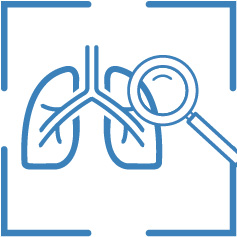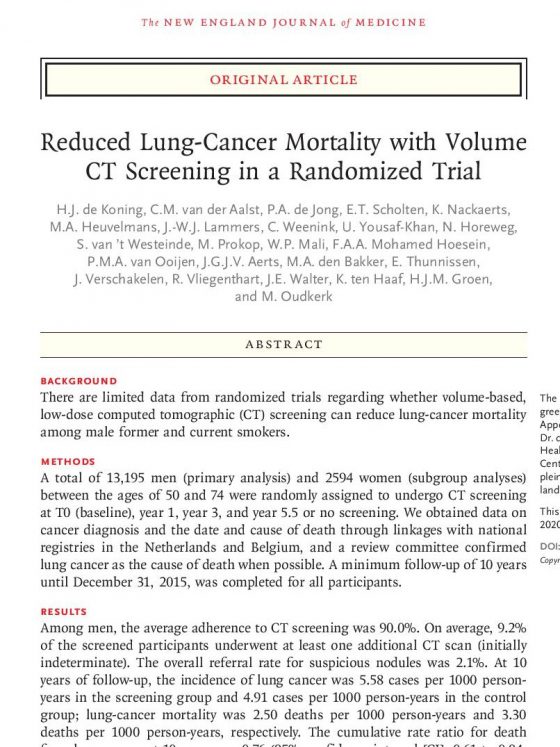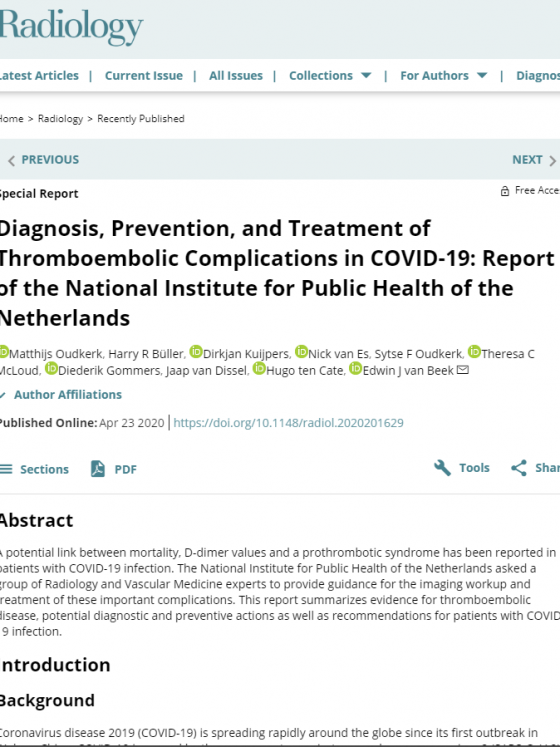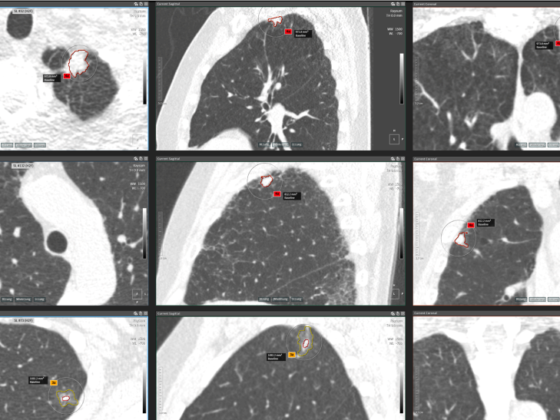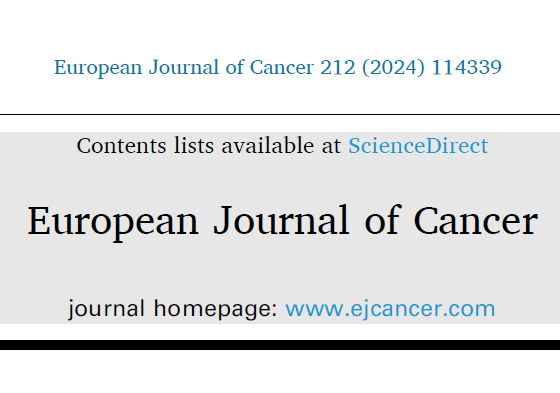“Life changing early detection.” Up to now medical doctors were in most instances only able to extend the lives of people diagnosed with lung cancer. This is because lung cancer is almost always diagnosed in a late stage where survival rates are very low: nine out of ten persons that are diagnosed with a stage 4 lung cancer tumour will not be alive in five years. There have been big advancements in medication and treatment in the last decades, but due to the late stage diagnosis, these advancements were mainly live-extending and not live-saving. Recently, the results of the NELSON trial were published in the New England Journal of Medicine, showing low-dose CT-scans could detect lung cancer in an early stage and thereby reduce lung cancer mortality by 24% in males in a high-risk population (for the abstract, click on the image to the right). Therefore, the institute for DiagNostic Accuracy (iDNA) wants to accelerate high quality implementation and make lung cancer screening accessible for those who benefit.
Besides lung cancer screening, we have recently also engaged in helping in the fight against the COVID-19 pandemic. Check out our news item below or the article to the far right.


